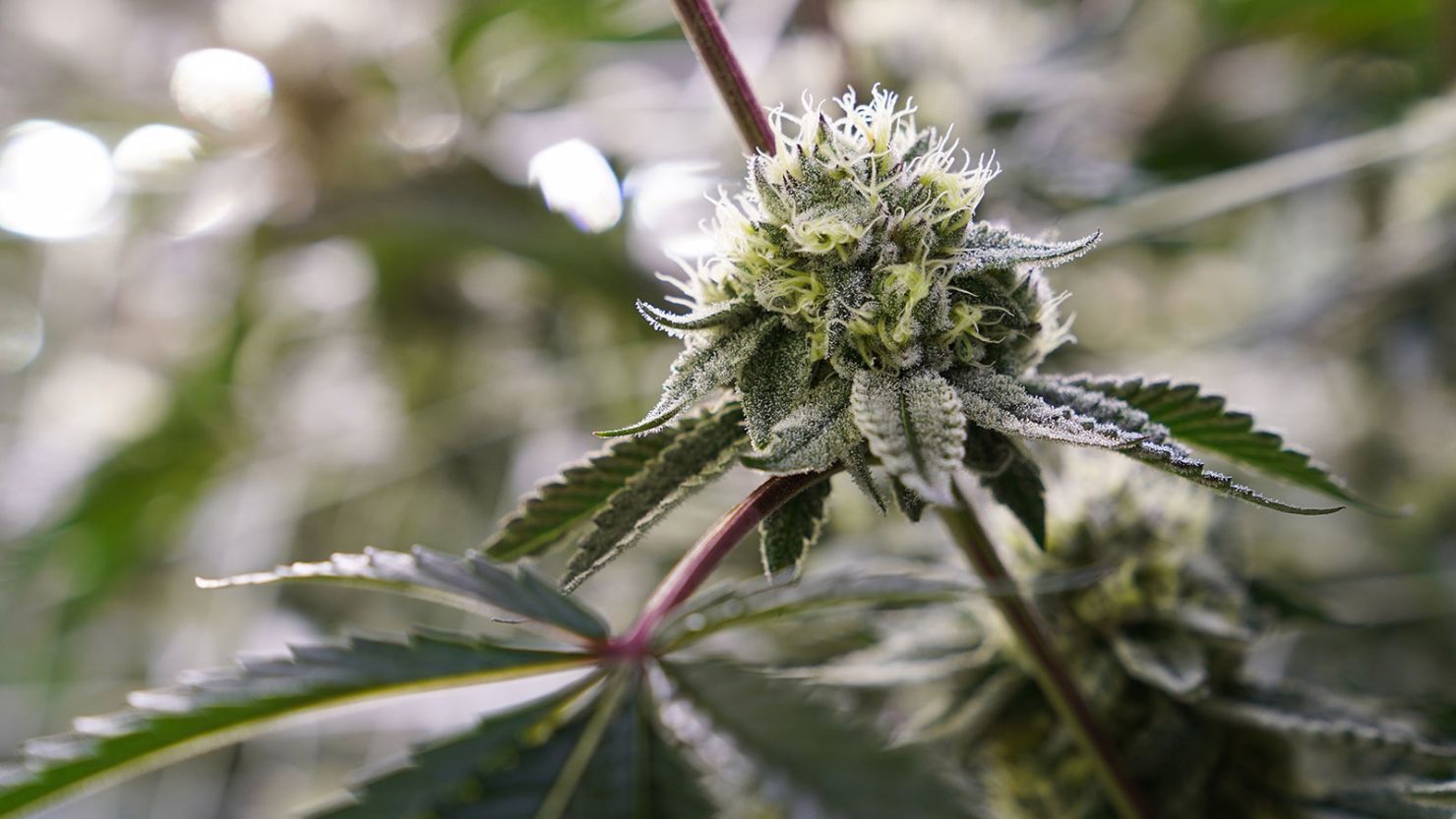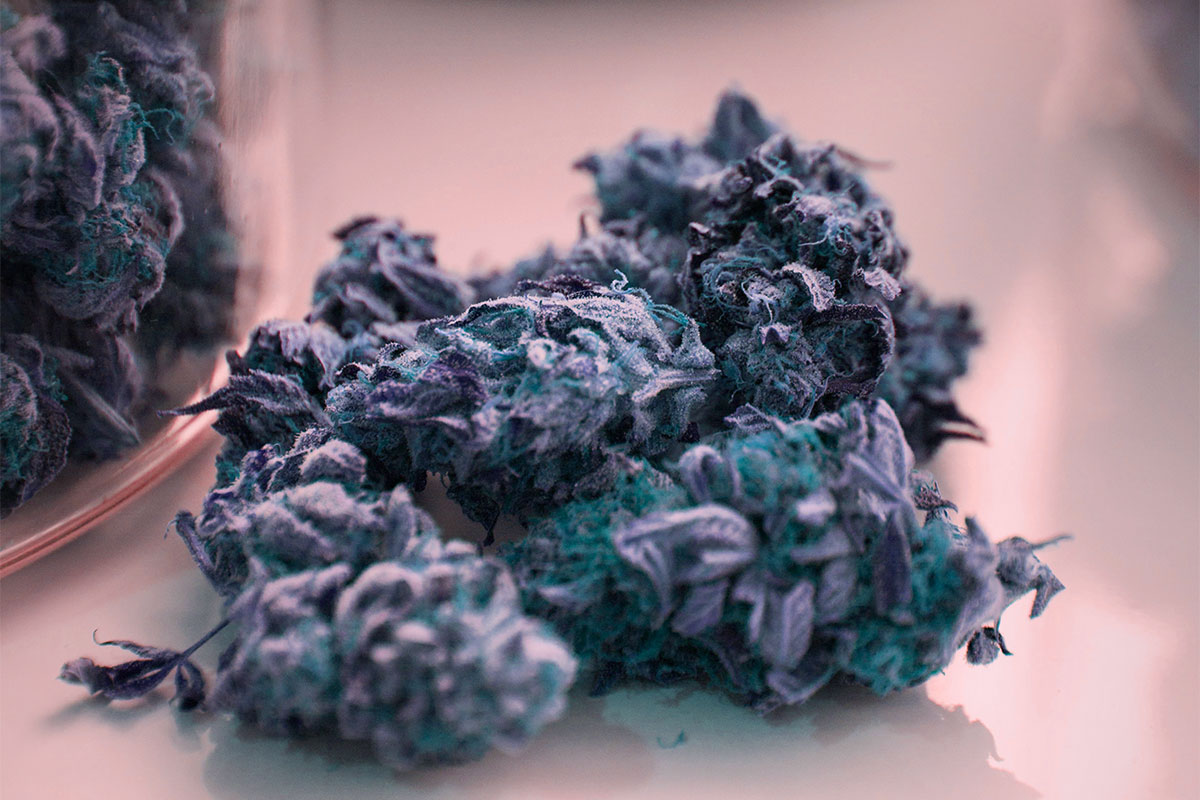
Research Shows That Regular Marijuana Use Doesn't Reduce Motivation or Lead to Paranoia
The debate surrounding the effects of regular marijuana use on motivation and mental health has been a topic of much discussion and speculation for decades. However, recent scientific research has shed new light on these issues, challenging some long-held beliefs and uncovering surprising findings. In this comprehensive exploration, we delve into the latest research to understand whether regular marijuana use truly affects motivation and mental well-being.
The Myth of Marijuana and Motivation
One of the most enduring myths surrounding marijuana use is its supposed ability to reduce motivation and productivity. For years, skeptics have argued that regular marijuana users are more prone to lethargy, apathy, and a lack of ambition compared to non-users. However, recent studies have begun to challenge this assumption, suggesting that the relationship between marijuana use and motivation is far more complex than previously thought.
A groundbreaking study published in the journal JAMA Psychiatry in 2018 examined the long-term effects of marijuana use on motivation in a sample of over 1,000 individuals. Surprisingly, the researchers found no significant difference in motivation levels between regular marijuana users and non-users over a five-year period. This finding contradicts the widely held belief that marijuana dampens motivation and suggests that other factors may play a more significant role in determining an individual's level of ambition and drive.
Moreover, a meta-analysis published in the journal Substance Abuse Treatment, Prevention, and Policy in 2015 analyzed data from 79 studies on the effects of marijuana on motivation. The researchers concluded that while acute marijuana use may temporarily impair motivation, especially immediately after consumption, there is no evidence to suggest that regular, long-term use leads to persistent motivational deficits.
Dispelling the Paranoia Myth
Another common concern surrounding marijuana use is its potential to induce feelings of paranoia and anxiety, especially in susceptible individuals. Many people have reported experiencing heightened levels of paranoia or anxiety after consuming marijuana, leading to fears that regular use could exacerbate these symptoms over time. However, emerging research suggests that the relationship between marijuana use and paranoia is more nuanced than previously believed.
A study published in the journal Psychological Medicine in 2016 examined the acute effects of marijuana on paranoia in a sample of 121 participants. The researchers found that while marijuana did increase feelings of paranoia in some individuals, these effects were temporary and tended to dissipate as the drug wore off. Importantly, the study also found no evidence to suggest that regular marijuana use led to a heightened risk of developing chronic paranoia or anxiety disorders.
Furthermore, a longitudinal study published in the journal Addiction in 2019 followed a cohort of over 2,000 young adults for a period of 20 years to investigate the long-term effects of marijuana use on mental health. The researchers found no significant association between regular marijuana use and the development of anxiety disorders or paranoia. These findings challenge the notion that marijuana use inevitably leads to chronic paranoia and suggest that other factors, such as genetics and environmental stressors, may play a more significant role in determining an individual's susceptibility to these symptoms.
The Role of Dose and Strain
While the latest research suggests that regular marijuana use may not reduce motivation or lead to paranoia in most individuals, it's essential to consider the role of dose and strain in shaping the overall effects of cannabis consumption. Like any psychoactive substance, marijuana can produce a wide range of effects depending on factors such as dosage, potency, and individual sensitivity.
Studies have shown that low to moderate doses of marijuana are less likely to induce feelings of paranoia or anxiety compared to high doses. Additionally, the cannabinoid profile of the strain being consumed can also influence its psychoactive effects. For example, strains high in cannabidiol (CBD) and low in tetrahydrocannabinol (THC) are often associated with a milder, more relaxing experience, whereas strains high in THC may be more likely to cause euphoria and altered perception, among other psychedelic effects.
Therefore, individuals who are concerned about the potential negative effects of marijuana on motivation and mental well-being may benefit from starting with low doses and experimenting with different strains to find the optimal balance for their needs.
The Importance of Responsible Use and Harm Reduction
While the latest research suggests that regular marijuana use may not have as detrimental effects on motivation and mental health as previously believed, it's essential to emphasize the importance of responsible use and harm reduction practices. Like any psychoactive substance, marijuana carries potential risks, especially when used excessively or inappropriately.
Individuals who choose to use marijuana should be mindful of their consumption habits and strive to use the drug in moderation. This includes setting limits on frequency and dosage, avoiding mixing marijuana with other substances, and being aware of the potential risks associated with driving or operating heavy machinery while under the influence.
Furthermore, individuals with a history of mental health issues or susceptibility to psychosis should exercise caution when using marijuana and consult with a healthcare professional if they have any concerns about its potential effects on their well-being.
Final Thoughts:
Contrary to popular belief, research indicates that regular marijuana use may not reduce motivation or lead to paranoia in most individuals. While acute marijuana use may temporarily impair motivation and induce feelings of paranoia or anxiety in some users, these effects are typically short-lived and dissipate as the drug wears off. Long-term studies have found no evidence to suggest that regular marijuana use leads to persistent motivational deficits or chronic paranoia.
However, it's essential to recognize that marijuana affects each individual differently, and factors such as dose, strain, and individual sensitivity can influence the overall experience. Therefore, individuals who choose to use marijuana should do so responsibly, taking steps to minimize potential risks and maximize the benefits of this fascinating plant. By staying informed and practicing harm reduction strategies, individuals can enjoy the potential benefits of marijuana while minimizing potential harm to their motivation and mental well-being.
Reference:
- Caldeira, K., O’Grady, K., Vincent, K., & Arria, A. (2012). Marijuana use trajectories during the post-college transition: health outcomes in young adulthood. Drug and Alcohol Dependence, 125(3), 267-275. https://doi.org/10.1016/j.drugalcdep.2012.02.022
- Gordon, A., Conley, J., & Gordon, J. (2013). Medical consequences of marijuana use: a review of current literature. Current Psychiatry Reports, 15(12). https://doi.org/10.1007/s11920-013-0419-7
- Patrick, M., Schulenberg, J., O'Malley, P., Johnston, L., & Bachman, J. (2011). Adolescents' reported reasons for alcohol and marijuana use as predictors of substance use and problems in adulthood. Journal of Studies on Alcohol and Drugs, 72(1), 106-116. https://doi.org/10.15288/jsad.2011.72.106



